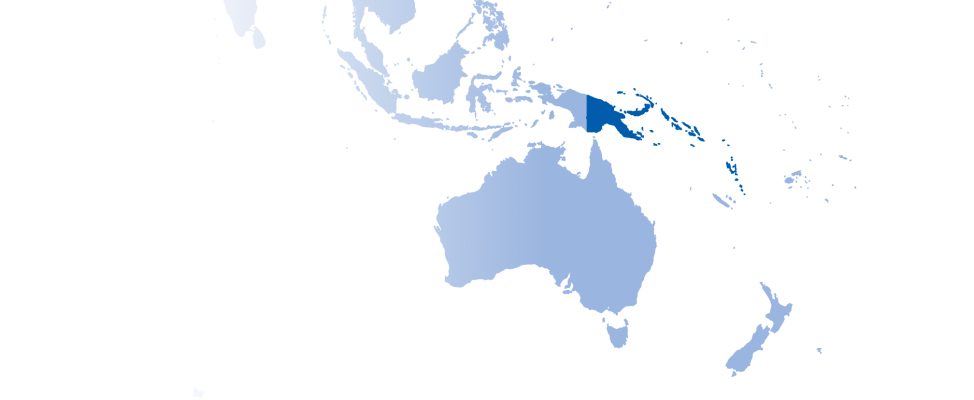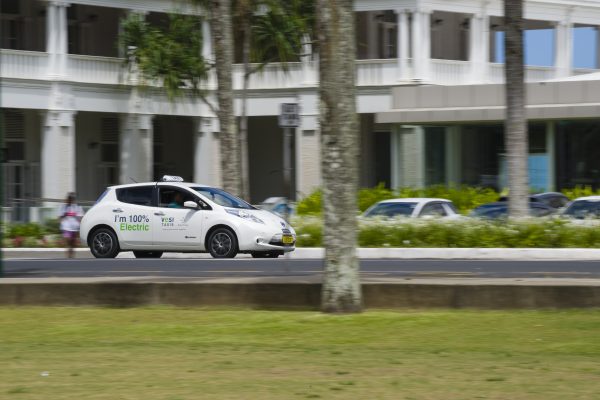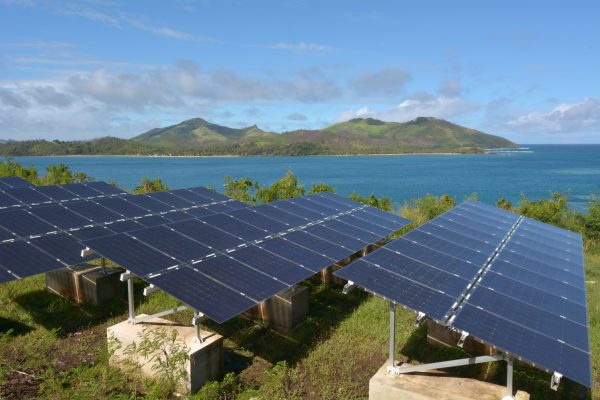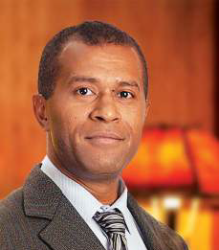
Region Overview
Overall, the Fijian economy has rebounded strongly post-Covid-19 on the back of tourism, with Asian tourism markets – Fiji’s biggest competitors – slow to open up. Local outbreaks in late 2021 carrying over into the first half of 2022 in Tonga and the Solomon Islands, compounded by the effects of civil unrest in the Solomon Islands and the January 2022 volcanic eruption in Tonga, slowed the revival of economic activity for both countries. The impacts of the Ukraine crisis on highly import-dependent economies of the Pacific also saw high inflation and, in particular, its impact on the fuel costs required for electricity generation.
PFAN intensified our focus on e-mobility, a burgeoning topic in the region, by inducting new e-mobility projects in our pipeline and supporting an e-vehicle charging network to commercial launch, setting a template for other Pacific countries to follow suit. Furthermore, our network attended and contributed to several events including the Pacific Islands Workshop on Electric Mobility as well as the PFAN Asia Region E-Mobility Investment Forum to hear and learn from investors investing in e-mobility businesses in Asia and get a better understanding of the critical success factors. The workshop outcomes demonstrated there is interest in e-mobility in countries outside Fiji including Tonga, Samoa and the Solomon Islands, and this interest could spill over into maritime transport as well.
Waste-to-energy is another concern in the region, and we entered into discussions with the Pacific Waste to Energy Project to identify potential projects in the field for PFAN assistance. Electrification programmes are still a priority for governments like Papua New Guinea and the Solomon Islands however private sector involvement may take some time, as donors are primarily assisting incumbent utility operators.

Partnerships and programme development
The work with the Fiji Rural Electrification Fund (FREF) gained a new dimension in 2022 by having UNDP enter into an agreement with the Fiji Government to lead the FREF Support Programme in partnership with PFAN. As a result of this, the FREF programme scope has been expanded beyond rural electrification. Other auxiliary services such as desalination plants, solar fridges, mobile networks, digital payment solutions, tele-health services and parametric disaster risk insurance will be built on top of the mini-grid solution to improve overall standards of living. PFAN is leading the private sector-related work and work has moved closer to implementation.
PFAN’s funding from Convergence for the preparatory work around the private sector engagement model will start to flow in Q1 2023, which will help provide more visibility to PFAN in Fiji as well as to the rest of the Pacific around rural electrification work. PFAN sees a lot of potential to replicate this work in Vanuatu, PNG and the Solomon Islands and this may yield opportunities for PFAN along similar lines.
Fiji continues to be the Pacific’s strongest performer, with all active projects in the Pacific pipeline, its three financial closures, and a new PFAN Advisor recruited in the country. However, we are positive that enhanced capacity building on PFAN’s services for our advisors in other countries including Papua New Guinea and the Solomon Islands will result in the conversion of projects into the pipeline.
The Fiji experience in both e-mobility and rural electrification will help to market PFAN’s capabilities in these countries, as well as drive private sector participation in accelerating adoption. We broadened our reach outside Fiji in Samoa by presenting at the Samoa Energy Forum in November and in the Solomon Islands we entered into a partnership agreement with the Development Bank of Solomon Islands.
Finance mobilised and new projects supported
Three businesses successfully raised investment with PFAN support in 2022 (figures will be included in the next annual report due to paperwork submission in early 2023). These were Leaf Capital, a public e-vehicle charging network which has installed electric vehicle charging services, paired with solar energy generation, to connect the four main cities of Fiji’s main island of Viti Levu, and two projects from Sunergis Fiji Pte Limited – a large scale solar and battery energy storage system which will benefit an estimated 20,000 people on the island of Taveuni, and a second project, Tokoriki Resort Hyride Upgrade, which will upgrade the current 500 kWh battery storage system in the resort, as well as improve energy efficiency at the site.
We added 3 new projects to the PFAN pipeline, all in Fiji, in the areas of adaptation, energy storage and conservation and solar.







